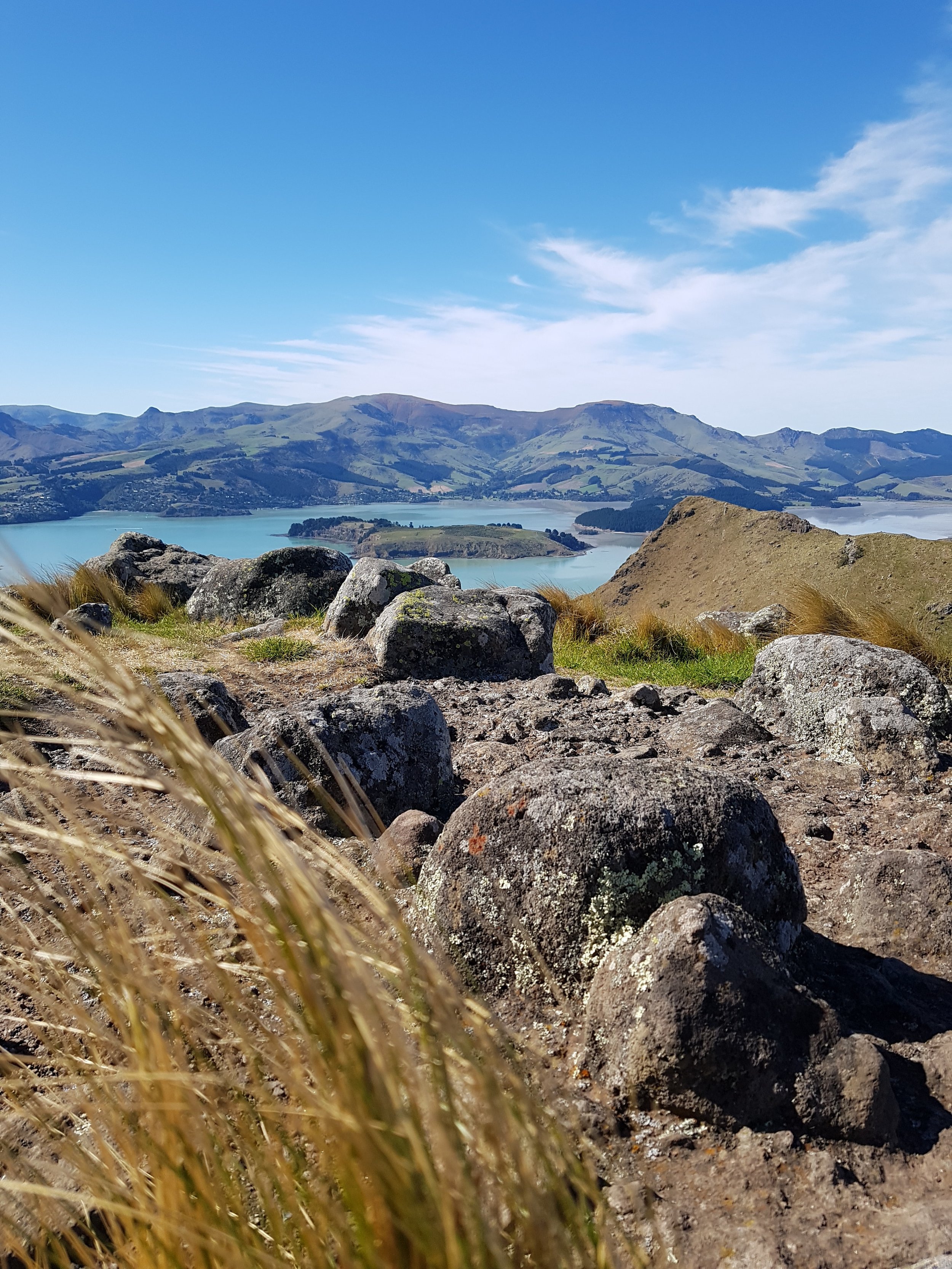Background and aims
In late 2022, the Christchurch City Council (CCC) sought the opinions of people in the Whakaraupō Lyttelton Harbour and Koukourarata Port Levy areas to assist with the Coastal Hazards Adaptation Planning programme. The purpose of the research was to better understand local and community values and priorities in relation to the coastal environment now and in the future, as the impacts of climate change are felt through increased coastal flooding, erosion, and rising groundwater.
Our role
Global Research was tasked with critiquing the survey design, analysing the data collected by CCC during its engagement period, and presenting the results in insightful, engaging reporting formats. Alongside the written report, our design team created a series of infographic-style summary posters which contained results relevant to specific topics, questions, or locations, to be used to help disseminate the findings, and to create an eye-catching and informative resource to present to groups to inform future stages of the process.
Design and method
Data collection was carried out by CCC, primarily via an online survey. The survey was promoted via multiple communication and engagement channels including news articles, social media posts, direct emails, billboards, and newsletters. Events to engage local school children, residents’ associations, beach-goers, and the general public were all used to encourage local community members to complete the online survey.
Christchurch City Council received almost 300 completed surveys, representing the demography present in the community. The data was then transferred to Global Research for analysis. Responses to option-selection questions were analysed and presented in accessible charts, while free text responses were all read, coded (sorted), and synthesised by our analysts who were able to find the most common themes and informative insights amongst the large volume of responses.
Result
Global Research presented CCC with a comprehensive report detailing the values and priorities that residents, locals, and interested parties had discussed in their responses.
Following the completion of the full report, our team in conjunction with CCC distilled findings into key insights that we presented in a series of 12 graphically designed posters relating to specific topics, survey questions, or locations. This process was collaborative and resulted in a series of attractive posters to inform interested parties of the results of the consultation.
Read more about the project here, and find Global Research’s full report under the drop down for What we've heard from the wider community, or view the report here.
Outcome
Council will also include the engagement findings alongside a range of other resources and present it to the Coastal Panel (a diverse group of community and rūnanga representatives from the area) who will develop and recommend adaption pathways to Council.
Following this, the process will be repeated for the next adaptation area so that community input can contribute to the decision-making that will affect all Christchurch and coastal residents over the coming decades.

